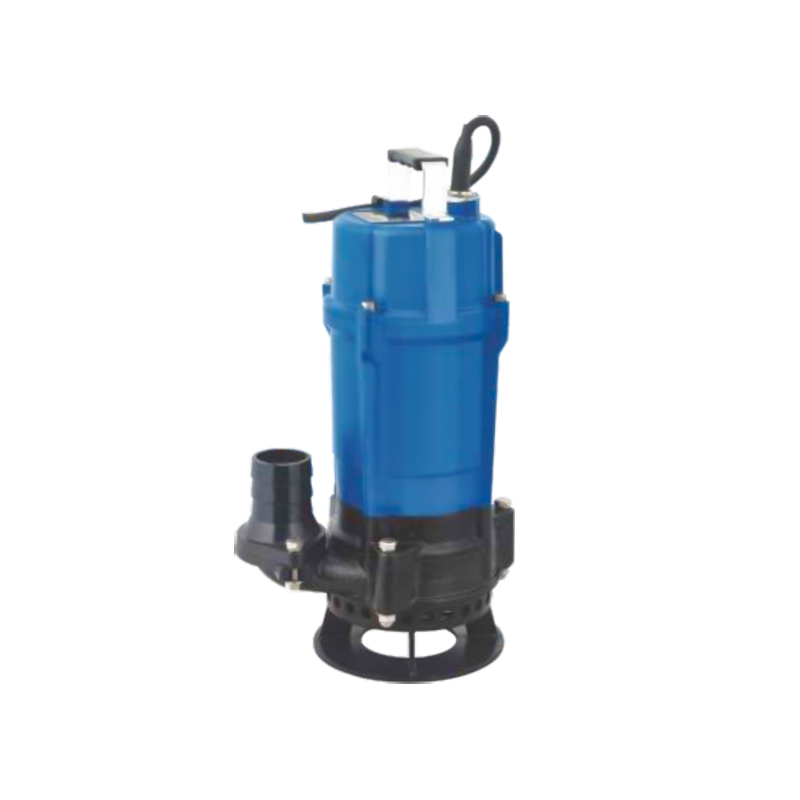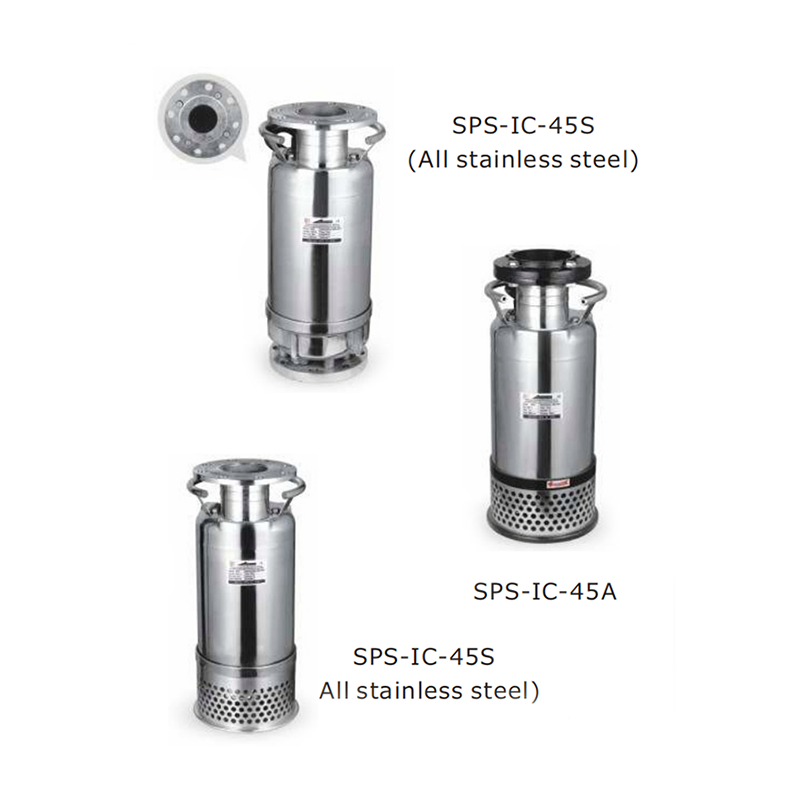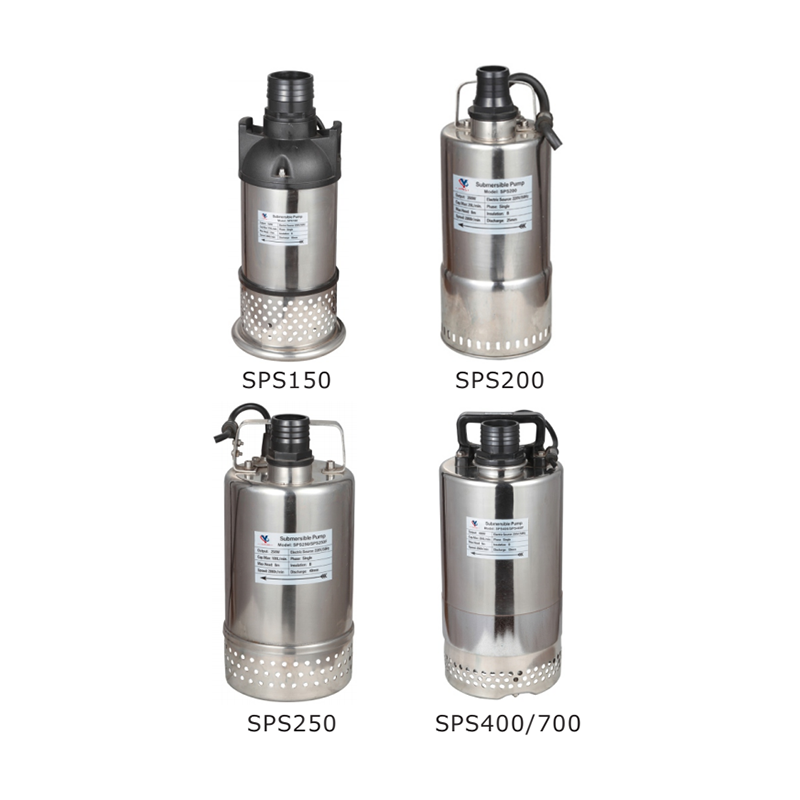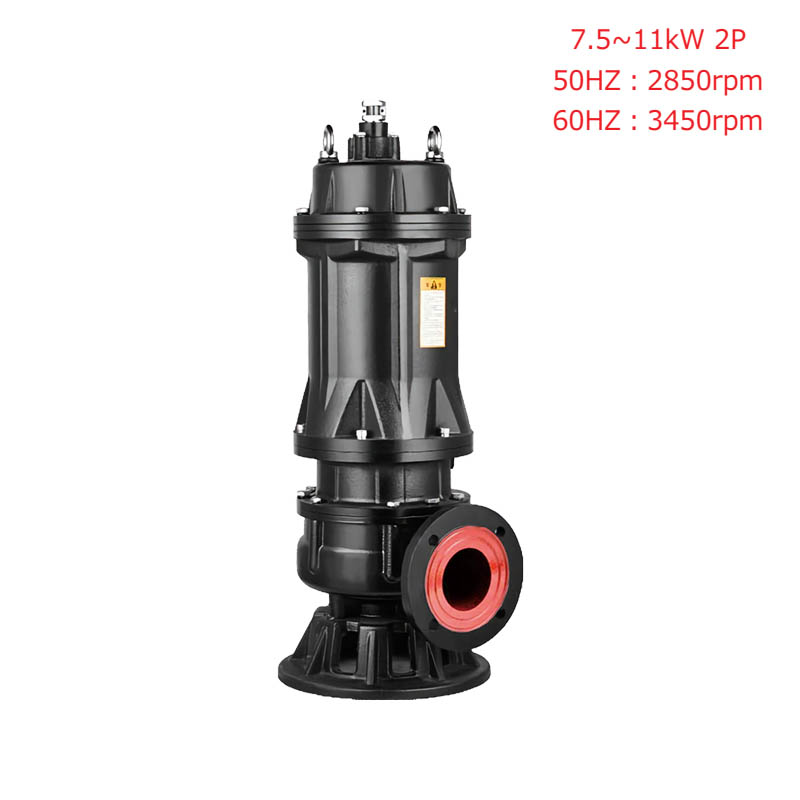In the complex world of industrial operations, the management of fluids is a critical component that ensures the smooth functioning of various processes. Industrial gear pumps, gas powered chemical pumps, and grinder pumps are specialized pieces of equipment designed to handle different types of fluids and applications.
Industrial gear pumps are rotary positive displacement pumps that are widely used for their ability to move fluids with precision and reliability. They operate by using interlocking gears within a close-fitting housing, which ensures that the fluid is moved in a consistent and controlled manner.
Applications:
- Hydraulic Systems: Gear pumps are commonly used in hydraulic systems to provide a steady flow of oil, which is essential for the operation of machinery such as presses, lifts, and conveyors.
- Chemical Processing: In the chemical industry, gear pumps are ideal for handling viscous fluids and those with abrasive or corrosive properties.
Benefits:
- High Efficiency: Gear pumps offer high volumetric efficiency, ensuring that the fluid is moved with small losses.
- Low Operating Costs: With fewer moving parts and a simple design, gear pumps are easy to maintain and have low operating costs.
Gas powered chemical pumps are designed to operate in environments where electricity is not readily available or where the risk of electrical sparks could be hazardous. These pumps are powered by gas engines, providing a versatile solution for fluid transfer in challenging conditions.
Applications:
- Emergency Response: In situations such as floods or chemical spills, gas powered pumps can be quickly deployed to manage the containment and cleanup of hazardous materials.
- Remote Locations: For industrial operations in remote areas without access to electricity, gas powered pumps offer a reliable means of fluid management.
Benefits:
- Safety: The absence of electrical components reduces the risk of fire or explosion in volatile environments.
- Portability: Many gas powered pumps are designed to be portable, allowing for easy transportation and setup in various locations.
Industrial grinder pumps are specifically designed to handle wastewater that contains solids, such as sewage and industrial effluents. These pumps use a grinding mechanism to break down solids into fine particles, which can then be easily transported through pipes without the risk of blockages.
Applications:
- Wastewater Treatment Plants: Grinder pumps are essential in the preliminary stages of wastewater treatment, where they help to break down and manage the flow of solids.
- Commercial and Industrial Buildings: In buildings with high volumes of wastewater, grinder pumps ensure that the sewage system operates smoothly and without interruption.
Benefits:
- Prevention of Blockages: The grinding action of these pumps prevents the buildup of solids that can cause blockages in the wastewater system.
- Reduced Maintenance: By reducing the frequency of blockages, grinder pumps also reduce the need for costly maintenance and repairs.
Integration and Automation in Industrial Fluid Management
The integration of these pumps into automated systems is another key aspect of modern industrial fluid management. Automation not only increases the efficiency of the pumping process but also enhances safety by reducing the need for manual intervention in potentially hazardous environments.
Industrial gear pumps, gas powered chemical pumps, and grinder pumps each serve a unique purpose within the realm of industrial fluid management. Their ability to handle a variety of fluids, from water to chemicals and sewage, makes them indispensable tools in the maintenance of industrial processes.
In conclusion, the selection of the appropriate pump for a specific industrial application is crucial. Each type of pump offers distinct advantages that cater to the unique demands of different industries.



 English
English русский
русский عربى
عربى







